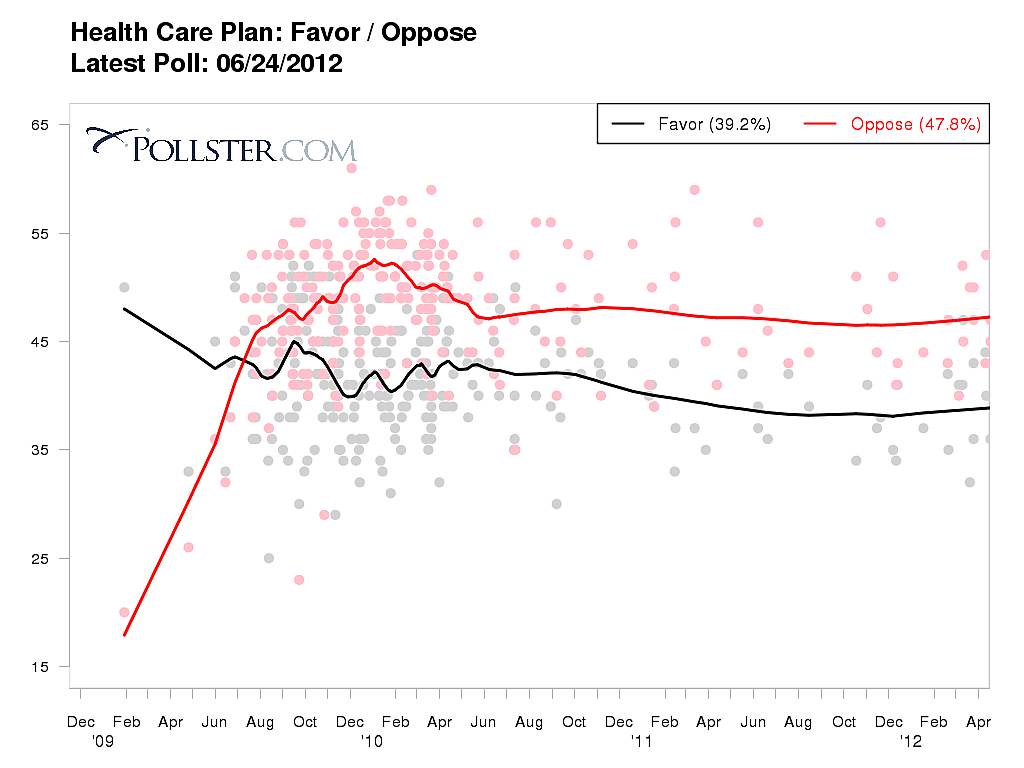Last night’s vote by the Wisconsin-based portion of the Wisconsin Senate has received enormous attention. The scope of collective bargaining by school district and other government employees has been narrowed, and the state will no longer automatically garnish workers’ wages to pay union dues.
This was the right thing to do. But how much of a difference will these changes actually make to the state’s bottom line? As I’ve noted, the presence or absence of collective bargaining is not strongly correlated with school district spending. Instead, unions have won their massively (42%) above- market compensation through well-funded political action; which brings us to the question of automatic paycheck deduction of union dues.
Without automatic dues withdrawals, will public school unions still be able to afford their fantastically successful political activities? There’s no reason to doubt it. Given the huge compensation premium public school employees enjoy over their private sector counterparts, they have a powerful incentive to voluntarily keep funding the political action that helped win it.
Indeed, we can see this already in right-to-work states like South Carolina. Public school employees there have no collective bargaining rights and there is no automatic union dues withdrawal, but the Palmetto State nevertheless has a teachers’ union and an administrators’ association that have spent large sums of money on political action. It’s worked. Despite not being the wealthiest of states, South Carolina still spends roughly $12,000 per pupil on its public schools, and its public school teachers earn more than the state’s median household income. The teacher and administrator groups have also successfully defeated every legislative effort thus far to open up the state’s education system to private sector competition and parental choice.
The only way to rein-in out-of-control public school spending is thus to give both families and taxpayers an alternative to the government monopoly status quo. Cut taxes on folks who pay for their own children’s education, or who donate to non-profit scholarship organizations that subsidize private school tuition for the poor. Many states are doing this already on a small scale. By so doing so on a larger scale, families will have much greater choices and taxpayers will reap enormous savings.
